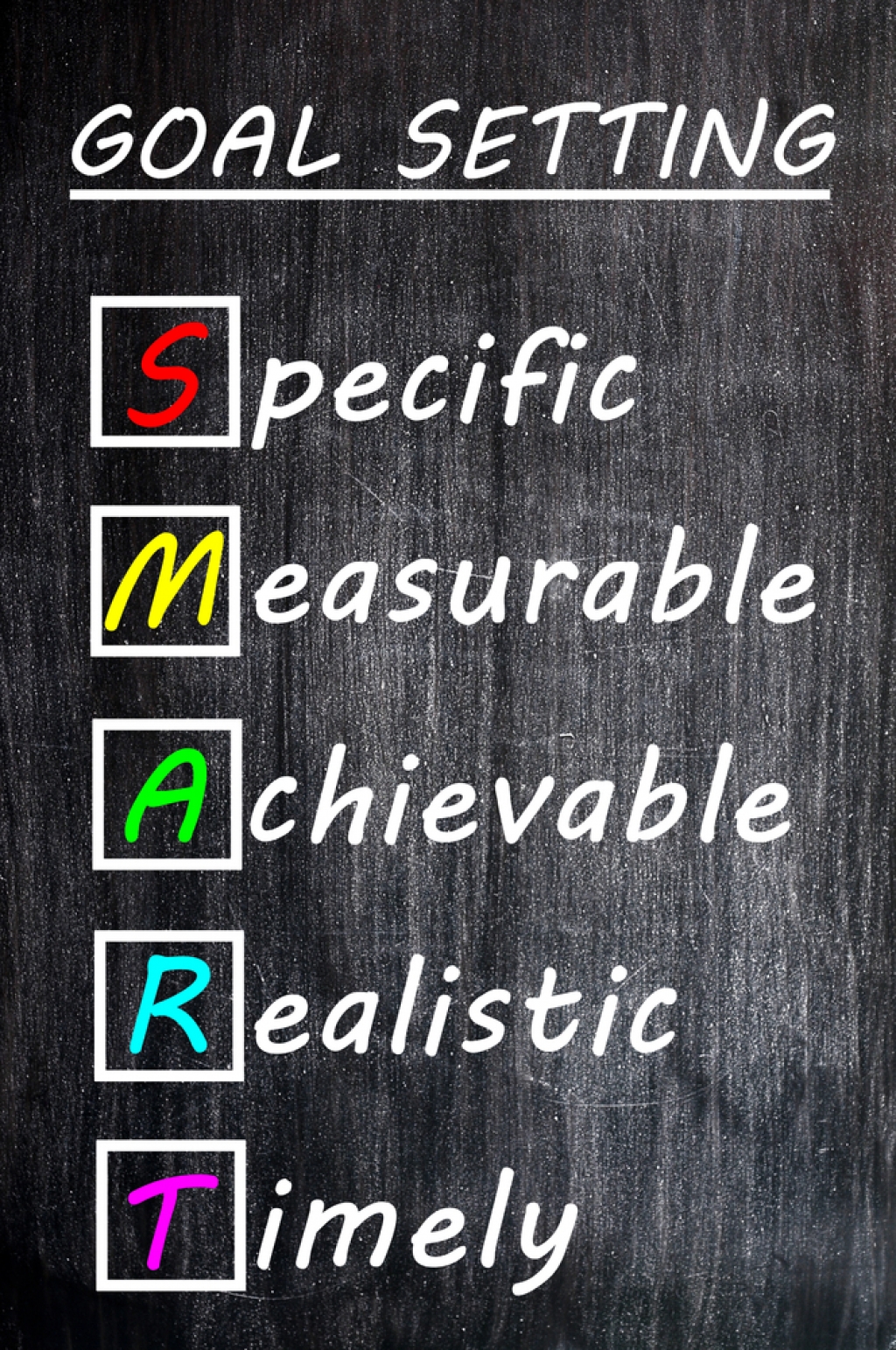In the ever-evolving landscape of coaching, practitioners are continually seeking innovative methodologies to refine their craft and deliver more impactful support to their clients. The recording of coaching sessions has emerged as a revolutionary practice, seamlessly facilitated by advanced platforms like Coaching Loft. This article delves into the myriad reasons why the practice of recording coaching sessions has the potential to significantly transform coaching practices, fostering growth and success for both coaches and their clients.
- Enhanced Self-Reflection and In-Depth Analysis:
The process of recording coaching sessions opens a unique avenue for coaches to engage in thorough self-reflection and analysis. The capability to revisit interactions with clients allows coaches to discern subtle patterns, identify nuances, and pinpoint areas for refinement in their communication and coaching techniques. This iterative review process empowers coaches with deeper insights into their individual coaching styles, enabling them to recognize their strengths and refine areas that may benefit from improvement.
As coaches engage in this self-reflective journey, the extended duration of recorded sessions affords them the opportunity to delve even further into the intricacies of their coaching methods. The nuanced exploration of various coaching scenarios and the identification of micro-expressions in both the coach and client contribute to a more profound understanding of the coaching dynamic. - Comprehensive Client Progress Tracking:
The benefits of recording coaching sessions extend beyond immediate self-analysis to serve as a powerful documentation tool for tracking client progress over time. The ability to revisit previous sessions provides coaches with the means to observe the evolution of their clients, identify pivotal breakthrough moments, and assess the long-term effectiveness of specific coaching strategies.
Expanding on the concept of progress tracking, coaches can employ recorded sessions to create personalized client profiles, documenting not only the content of discussions but also the emotional and psychological evolution of their clients. This in-depth profiling enhances the coach's ability to tailor their approach to the unique needs of each client, creating a more customized and impactful coaching experience. - Real-Time Feedback Loop Reinforcement:
Recording coaching sessions establishes an invaluable real-time feedback loop for coaches. By reviewing their interactions as they unfold, coaches can make immediate adjustments, ensuring the coaching process remains dynamic and responsive. This continuous feedback loop becomes a catalyst for ongoing improvement, allowing coaches to adapt their strategies based on the unique needs and responses of each client, thereby fostering a more personalized and effective coaching experience.
To augment the concept of real-time feedback, coaches can introduce interactive elements within recorded sessions, such as embedded quizzes or reflection prompts. These additions not only enhance client engagement but also provide coaches with additional data points to gauge the effectiveness of their coaching strategies, contributing to a more holistic understanding of the coaching process. - Facilitating Collaborative Learning Experiences:
The practice of recording coaching sessions not only benefits individual coaches but also opens avenues for collaborative learning experiences within the coaching community. Coaches can seamlessly share recorded sessions with colleagues, mentors, or supervisors, fostering a culture of shared knowledge and continuous improvement.
To extend the collaborative learning concept, virtual roundtable discussions or webinars can be organized, where coaches can collectively analyze and discuss recorded sessions. This collaborative approach encourages coaches to seek constructive feedback, exchange best practices, and collectively elevate the standards of coaching practice, creating a dynamic environment for professional growth. - Building Trust Through Transparency:
Transparency is a cornerstone of effective coaching relationships, and the practice of recording coaching sessions allows coaches to demonstrate this quality to their clients. Clients who are aware that sessions are recorded may find reassurance in the accountability and focus on their best interests. This transparency contributes to a stronger coach-client relationship, fostering a more collaborative and supportive environment that is conducive to meaningful and sustainable growth.
Expanding on the transparency aspect, coaching platforms like Coaching Loft could implement features that allow clients to access their recorded sessions. This not only promotes transparency but also empowers clients to actively participate in their own growth journey, fostering a sense of ownership and commitment to the coaching process. - Recording Sessions as a Skill Development and Training Resource:
The recording of coaching sessions emerges not only as a tool for ongoing professional development but also as a valuable resource for coach training and skill enhancement. Aspiring coaches can derive significant benefits from observing experienced practitioners in action, gaining insights into effective coaching techniques, communication strategies, and the nuances of relationship-building.
To enhance the training aspect, coaches can create libraries of exemplary coaching sessions, categorized by coaching styles or specific client scenarios. These libraries would serve as comprehensive training resources, allowing coaches at all stages of their careers to access a diverse range of coaching interactions and learn from a multitude of coaching perspectives. - Legal and Ethical Documentation Assurance:
In the realm of coaching, considerations of ethics and legal responsibilities are paramount. Recording coaching sessions provides a clear and accurate record of client interactions, becoming a crucial asset in addressing any potential legal or ethical concerns. The comprehensive record of sessions instils confidence in coaches as they navigate potential challenges, ensuring they can uphold the highest standards of professionalism while protecting both their clients and themselves.
Expanding on the legal documentation aspect, coaching platforms could implement secure cloud storage features with enhanced encryption protocols to further safeguard the confidentiality and integrity of recorded sessions. These advanced security measures would not only meet legal and ethical standards but also reinforce trust between coaches and clients. - Unlocking Remote Coaching Advantages:
In the contemporary landscape of remote coaching, where geographical distances often separate coaches and clients, the practice of recording sessions assumes even greater value. Clients residing in different time zones or with demanding schedules can benefit from the flexibility of recorded sessions, enabling them to engage with coaching content at their convenience.
To further enhance the remote coaching experience, platforms like Coaching Loft could introduce features that facilitate virtual collaboration, such as integrated messaging systems, discussion forums, or even virtual co-working spaces. These additions would create a more immersive and connected remote coaching environment, bridging the physical gaps between coaches and clients.
In conclusion, the practice of recording coaching sessions emerges as a transformative tool with the potential to elevate coaching practices to unprecedented heights. From fostering enhanced self-reflection and comprehensive client progress tracking to creating real-time feedback loops, facilitating collaborative learning, providing legal documentation assurance, and unlocking the advantages of remote coaching, the benefits of recording sessions are diverse and impactful.
Coaching Loft, with its user-friendly platform, seamlessly facilitates this multifaceted process, empowering coaches to harness the full potential of recorded sessions for the benefit of both themselves and their clients. Embracing innovative practices like recording sessions is not merely a choice but a necessity to stay at the forefront of this dynamic and impactful profession as coaching continues to evolve. The potential for further innovation within coaching platforms presents exciting possibilities, ensuring that the transformative power of recording coaching sessions remains a cornerstone of the coaching experience in the years to come.




